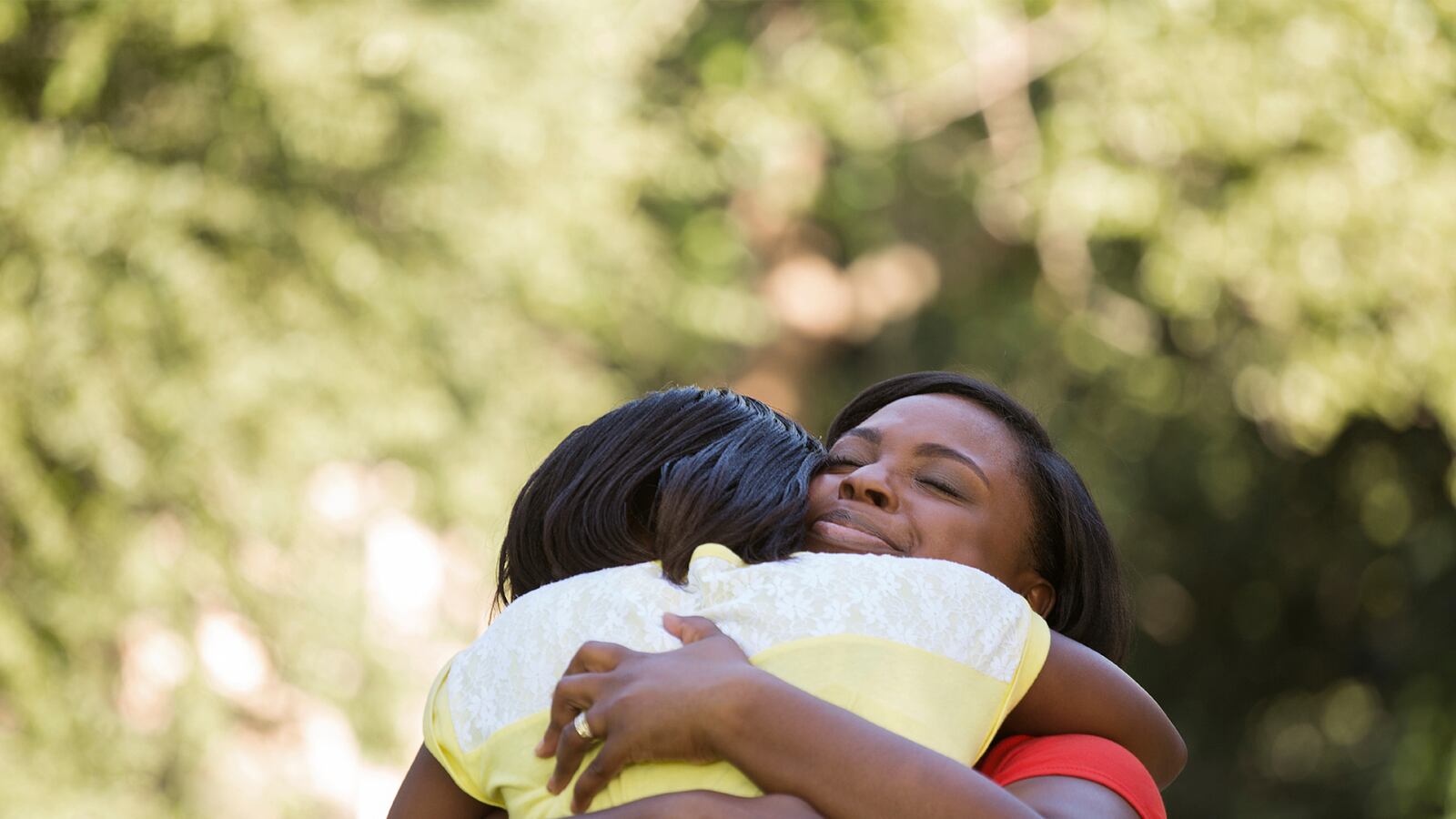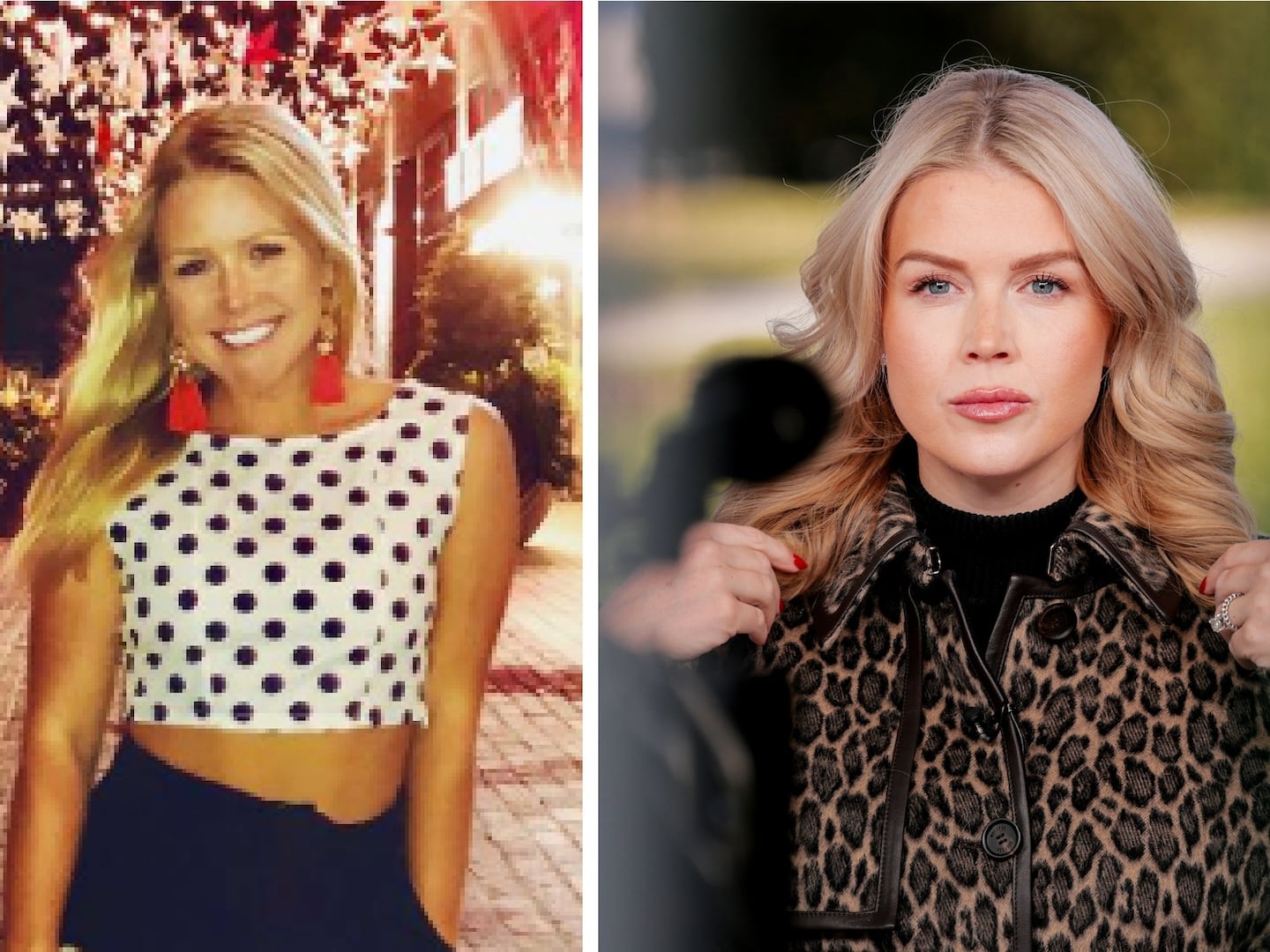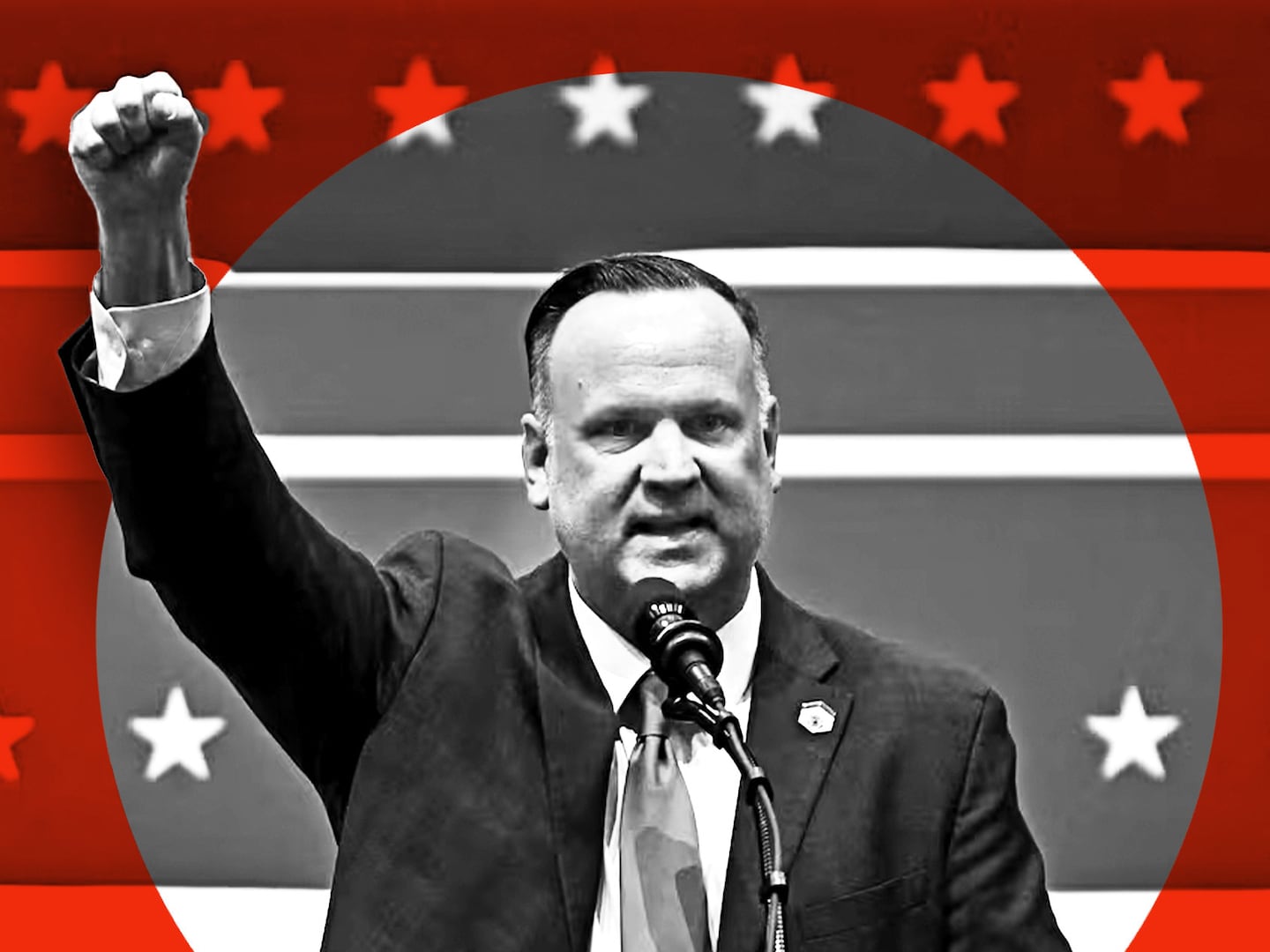Forgiveness is one of those things which, as a cynical Jewish New Yorker, I tend to dismiss.
I mean, sure, we should all forgive one another and make nice. But Charlie the Unicorn should go to Candy Mountain—it’s just against every fiber of his being to do so.
Megan Feldman Bettencourt, author of the newly published Triumph of the Heart: Forgiveness in an Unforgiving World, wants to erase the heart-dotted i from the word forgiveness. Yes, her book cover, itself, has a big heart on it. But Bettencourt insists that forgiving others is in our own best interests.
“Forgiveness has many levels,” she told me, “and the most basic is doing it for self-preservation. This is the root of the cliché, ‘Forgiveness is a gift you give yourself.’” As is seemingly the new norm for quasi-self-help books, Triumph comes complete with a scientific chapter, full of GABA this and prefrontal-cortex that. (I should confess that I recently wrote a similarly festooned book on meditation.) I’ll summarize it for you: Forgiveness makes you less stressed, more healthy—probably with whiter teeth and stronger gums too, but that hasn’t been proven yet.
Bettencourt’s main tactic, though, is to guilt you into forgiveness by following the stories of people who have it much worse than you do. Azim Khamisa, for example, managed to forgive the gang members who killed his son in the course of a minor, pointless robbery. Chantal Nimugere is promoting the forgiveness of Hutu militiamen who massacred more than 1 million people in the Rwandan genocide—she herself was one of only 50 survivors of a massacre of 3,000.
And of course, right after Triumph of the Heart went to press, the survivors of the massacre in a Charleston church forgave Dylann Roof, the young white supremacist who opened fire on them.
So come on, loser, can’t you forgive your ex?
Of course, Bettencourt doesn’t frame things this way. When I asked if there were any crimes we shouldn’t forgive—insert Godwin’s Law-triggering Holocaust reference here—she replied, “I like to avoid the word ‘should.’ Someone said the word ‘should’ is the most violent word in the English language, and I think that’s absolutely true.”
What she does say is that these dramatic stories can provide inspiration, or, at the very least, a case study in how forgiveness can help the healing process.
“The loved ones who displayed forgiveness so publicly in the wake of the Charleston shootings confirmed what I’d spent the past couple of years discovering,” Bettencourt said. “On some level, they seemed to know what the scientific research confirms: that prolonged anger and resentment harm our health and well-being while forgiveness enhances it.”
As you might expect, Bettencourt’s book grew out of her own life story. “As a grudge-holder by nature,” she told me, “I became intrigued by forgiveness while dealing with my own mediocre complaints, namely breakups and cash-flow problems. When I met a father who’d forgiven his son’s killer—and who seemed genuinely fulfilled—I had to know more.”
Sometimes, the juxtaposition of these two narratives—Azim Khamisa’s incredible journey, and Bettencourt’s more prosaic ruminations over her ex-boyfriend—grates, in a Julie & Julia kind of way. I felt like a moral 98-pound weakling reading about these people who have forgiven murderers, when I have absolutely not forgiven a former employer for firing me so he could hog the spotlight more.
Other times, I felt like, well, sure, if the media spotlight were on me, my heart might triumph, too. Forgiveness is harder when no one is watching, the offender won’t know, and the world will go on exactly the same either way.
What then? As Bettencourt told me, “Part of the issue here has to do with our confusion and misunderstanding of forgiveness. I used to think it meant pardon, excuse, or condone, or even reconcile. It doesn’t. The best definition I found is ‘to give up resentment.’”
In other words, the point is not to kiss and make up. It’s not about the other person at all. The point is to let go, internally, and the only person affected is you.
That’s why forgiveness isn’t the same as excusing or accepting the bad behavior. “We want people to face consequences for behavior that’s damaging, and holding people accountable is really important,” says Bettencourt. “So you seek justice, but you don’t indulge in bitterness and resentment… At some point it’s just hurting yourself to remain angry and embittered.”
Nor, conversely, is forgiveness a “once and done” proposition. “People who declare their forgiveness immediately after a tragedy still endure pain and grief. “Azim”—the parent whose son was murdered—“once told me that he has to forgive every day all over again.”
That sounds more familiar. In my own prosaic experience, there are good days and bad days; days when it’s easy to “let go” and days when the anger has me in its grip.
I asked Bettencourt what to do on the bad days.
“Forgive yourself. Seriously. There are plenty of times I find myself unable to forgive, for however long. But judging myself harshly for not being some sort of Zenny saint is the worst possible thing I can do… Sometimes you have to revel a bit in your own commonplace, imperfect humanity. I once spent a summer wearing only black and not forcing a smile. It was liberating.”
I found that comment liberating as well. Most people with hearts on their book covers didn’t spend summers as moody Goths, and don’t admit failing to take their own advice. Maybe that, too, is part of Bettencourt’s approach to forgiveness: that you don’t have to be all doe-eyed in order to do it.
In which case, count me in.






